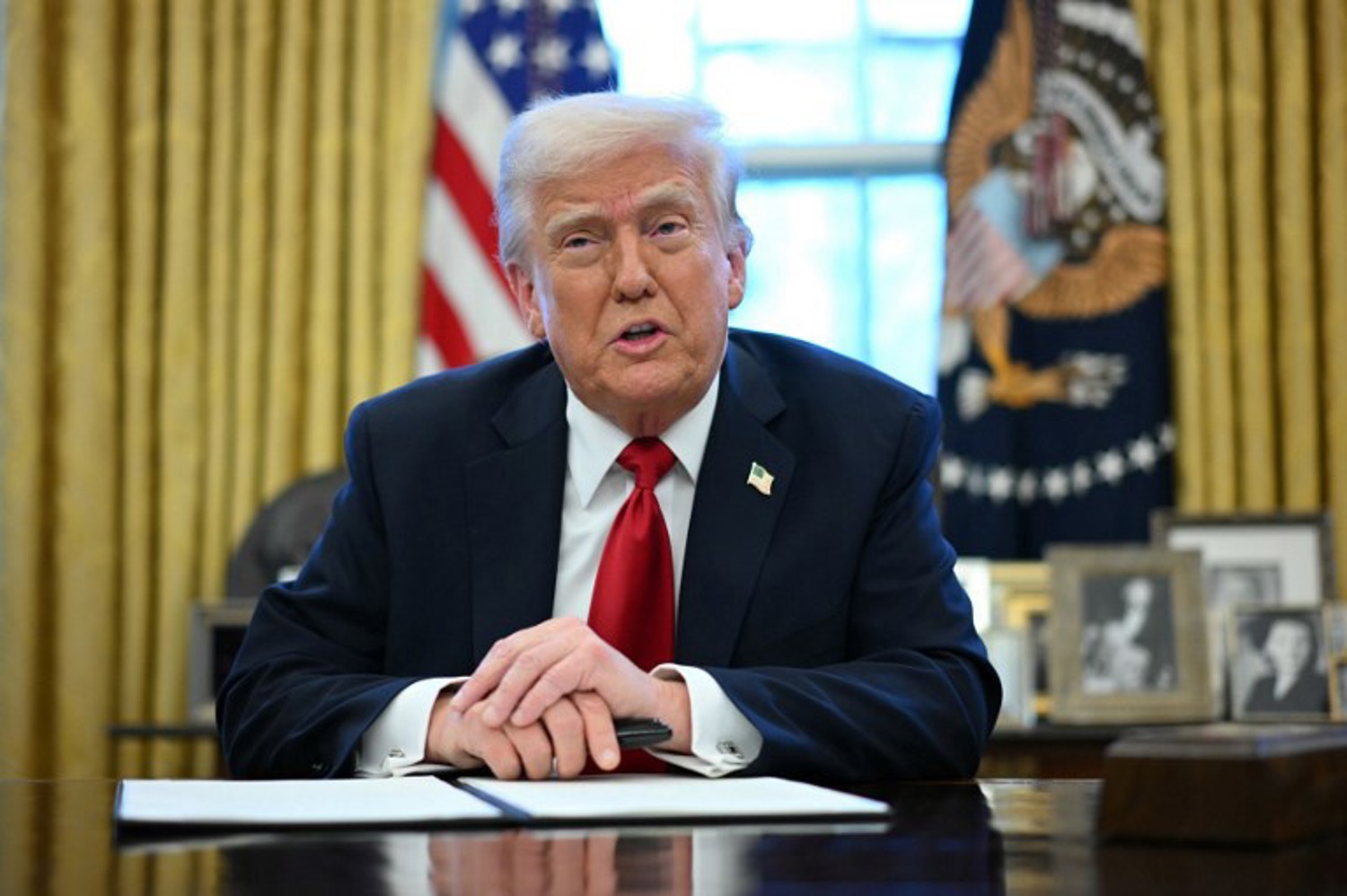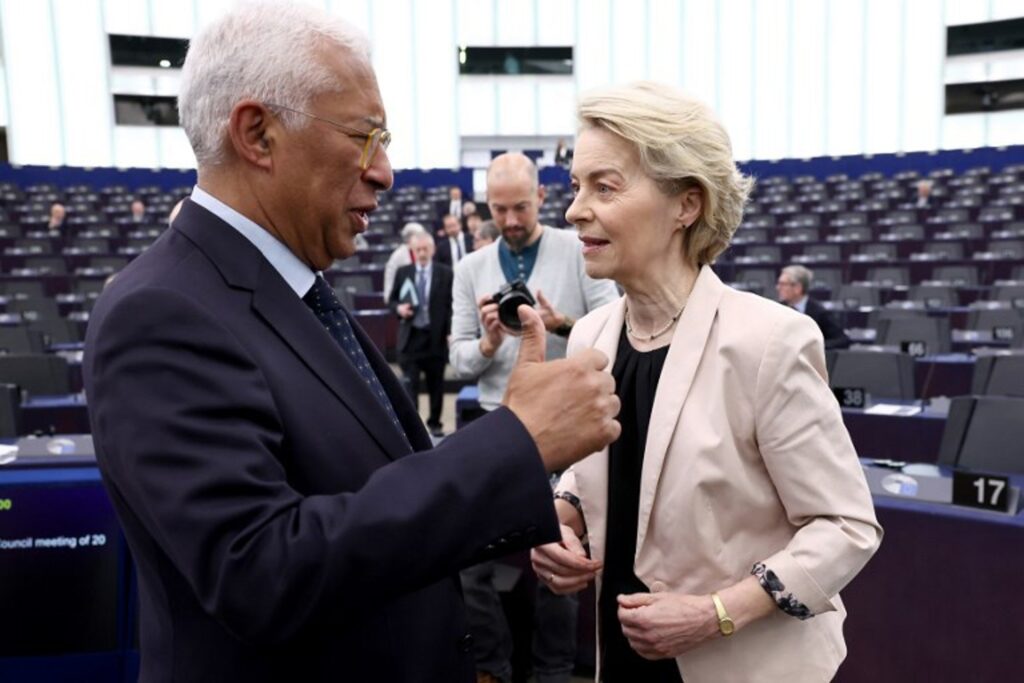The President of the European Commission, Ursula von der Leyen, reaffirmed on Tuesday that the European Union remains open to dialogue with the United States, but has a "solid plan" ready to deploy "if necessary."
US President Donald Trump is set to announce new country-specific tariffs on Wednesday.
"A constructive solution would benefit everyone, but Europe did not initiate this confrontation. We do not necessarily want to retaliate, but we have a solid plan to do so if needed," stated von der Leyen alongside the European Council President António Costa, at the European Parliament in Strasbourg.
Since his return to the White House, Trump has imposed a 25% tariff on European steel and aluminium. He also announced equivalent tariffs on imported cars, which are due to take effect on Wednesday. On the same day, Trump plans to introduce new "reciprocal" customs barriers based on the taxes imposed by the countries on American products.
The Commission anticipates that semiconductors, pharmaceuticals, and timber will be targeted next.

US President Donald Trump announces tariffs on auto imports. Credit: Belga / Mandel Ngan / AFP
Initially, the Commission announced "strong but proportionate" tariffs on a range of American products. However, it has delayed implementing these measures until mid-April to allow more time for a negotiated solution.
Von der Leyen acknowledged global trade challenges such as overcapacity and unfair subsidies. "We are also affected. I understand America's desire to reindustrialise, just as Europe does. We need to work on this together," she said.
In response to the White House's protectionist stance, the EU advocates diversifying its trade, opening new markets, and strengthening its commercial partnerships. Having concluded agreements with Mercosur, Mexico, and Switzerland, it is intensifying negotiations with Indonesia, Thailand, and India, aiming for a deal by the end of 2025.
The EU is also undertaking initiatives like the first global partnership for clean exchanges and investments with South Africa, and strengthening ties with Central Asia, von der Leyen explained.
Status quo 'not an option'
The European strategy also relies on its single market, which von der Leyen wants to "liberate from its chains" to boost the competitiveness of the European economy. "There are too many obstacles hindering our businesses. We must do our part," she said.
Companies often have to comply with 27 different legislations, which is why the Commission plans to propose a 28th regime for innovative businesses. The EU is also progressing on the issue of the union of savings and investments, which should help businesses find capital to grow.
"The status quo is not an option. Currently, around €300 billion of family savings leave the Union markets each year. This is €300 billion not financing EU businesses," emphasised Costa.
"Becoming more competitive on all fronts is not just the right path, it is the only path for a stronger Union," he concluded.

